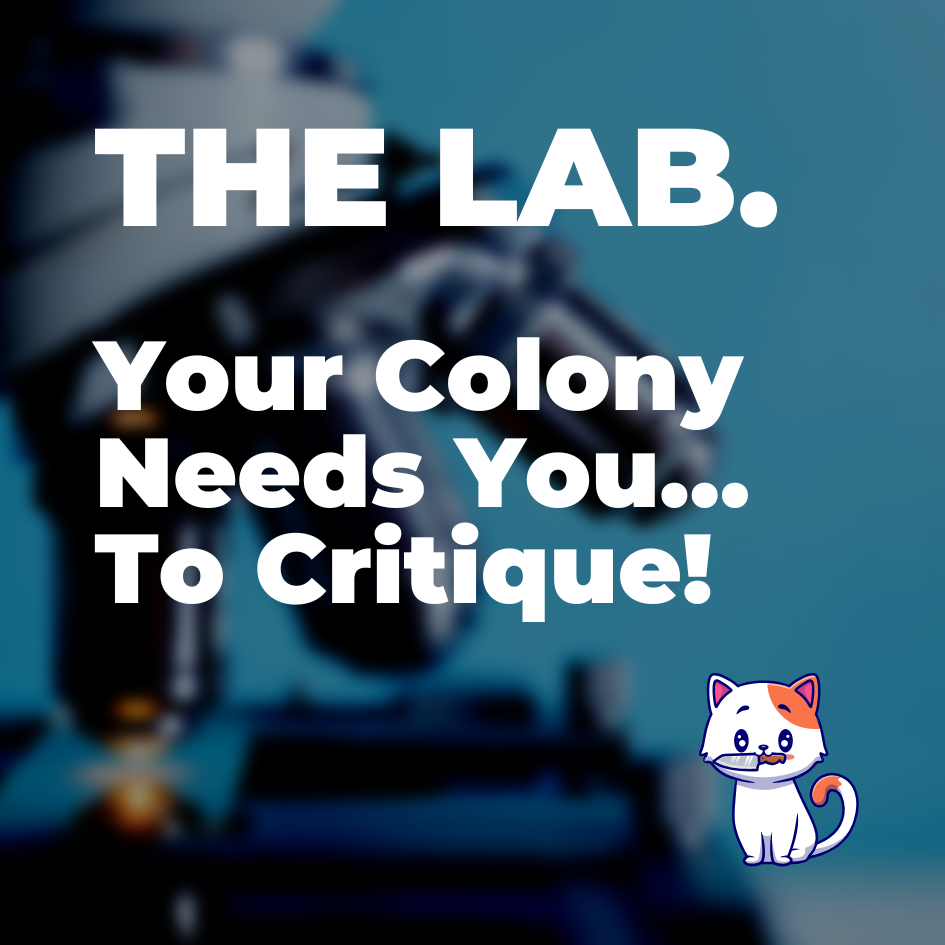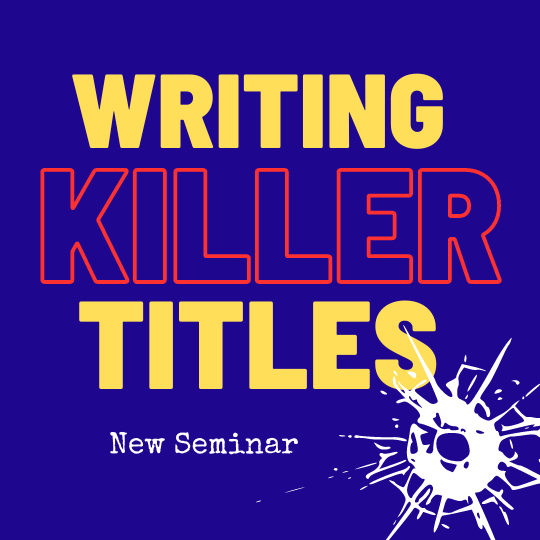Paul Whybrow
Full Member
Although the editing process seems interminable to me, I am merciless when it comes to chopping flowery excess from the manuscript. I mean passages where I've shown off my vocabulary with unusual word choice or used ten words to describe something that would be better said in two words.
I start off wielding a machete, before moving on to modifying sentences with a scalpel. After doing that, I turn to artificial aids. I recently re-edited my five novels using the proofreading apps Grammarly, Writely and Hemingway Editor.
They caught stuff I'd missed, as well as offering me useless advice. For instance, Hemingway Editor treats every word that ends in a 'y' as an adverb, suggesting it should go, which is tough on my characters Mary and Gary.
After using the apps, I read the manuscripts as stories, rather than scrutinising them as words to edit. I replaced some adverbs I'd removed, especially in the dialogue said by witnesses—who would naturally be long-winded, unconcerned with talking in a way that would satisfy a book editor!
Editing at the tweezer and scalpel level, while reading my books, also involved reordering the words in some sentences to improve the flow.
I'm really not precious about my writing, afraid to delete passages that don't work, for I always think that I can write something better. That sounds arrogant, but a writer has to have self-belief to get anything accomplished; no one wants to read the scribbling of a ditherer!
French writer Colette put it well:
"Sit down and put down everything that comes into your head and then you're a writer. But an author is one who can judge his own stuff's worth, without pity, and destroy most of it."
Occasionally, if I've used language that's too florid for a crime story, but which might work in a yet-to-be-written historical novella, I'll store the phrase in a folder on my laptop's desktop.
I'm well-organised in planning a book, including researching facts beforehand, which I think helps the editing process. I'm a combination of pantser and planner. I'd never impose a rigid template on the plot if it involved a character doing something untrue to themselves. My sense of order means that I've never had to do major rewrites. The largest alteration I've made was in the first novel I wrote, in which I reversed the order of two chapters because I'd got a bit ahead of myself in what I divulged.
I came across this quote from children's author Shannon Hale who said: “I'm writing a first draft and reminding myself that I'm simply shovelling sand into a box so that later I can build castles.”
With me, I certainly store sand to build the castle of my story, but my sand is kept in neat turret-shaped tumblers...not heaped in a box.
We all work differently, but I can't help thinking that if you start out shambolically, then you're entering a jungle of writing that's going to need lots of tree surgery when the editing begins. Forget the machete, you'll be wielding a chainsaw!
One form of writing that I find beguiles me into repeated tinkering is poetry. I find it very hard to say that a poem is finished. It may work on the reader to amuse or move them, but what if I'd used a different word in verse 2 or altered the layout?
I certainly wouldn't want to work as a professional editor, and I admire those who can do so, instantly picking out mistakes and knowledgeable about the rules of punctuation and grammar. I've sometimes wondered if everything in an editor's life is perfectly ordered; is editing the perfect job for someone with Obsessive Compulsive Disorder?
How ruthless are you when editing?
Is it hard to follow Steven King's advice?
"Kill your darlings, kill your darlings, even when it breaks your egocentric little scribbler's heart, kill your darlings."

I start off wielding a machete, before moving on to modifying sentences with a scalpel. After doing that, I turn to artificial aids. I recently re-edited my five novels using the proofreading apps Grammarly, Writely and Hemingway Editor.
They caught stuff I'd missed, as well as offering me useless advice. For instance, Hemingway Editor treats every word that ends in a 'y' as an adverb, suggesting it should go, which is tough on my characters Mary and Gary.
After using the apps, I read the manuscripts as stories, rather than scrutinising them as words to edit. I replaced some adverbs I'd removed, especially in the dialogue said by witnesses—who would naturally be long-winded, unconcerned with talking in a way that would satisfy a book editor!
Editing at the tweezer and scalpel level, while reading my books, also involved reordering the words in some sentences to improve the flow.
I'm really not precious about my writing, afraid to delete passages that don't work, for I always think that I can write something better. That sounds arrogant, but a writer has to have self-belief to get anything accomplished; no one wants to read the scribbling of a ditherer!
French writer Colette put it well:
"Sit down and put down everything that comes into your head and then you're a writer. But an author is one who can judge his own stuff's worth, without pity, and destroy most of it."
Occasionally, if I've used language that's too florid for a crime story, but which might work in a yet-to-be-written historical novella, I'll store the phrase in a folder on my laptop's desktop.
I'm well-organised in planning a book, including researching facts beforehand, which I think helps the editing process. I'm a combination of pantser and planner. I'd never impose a rigid template on the plot if it involved a character doing something untrue to themselves. My sense of order means that I've never had to do major rewrites. The largest alteration I've made was in the first novel I wrote, in which I reversed the order of two chapters because I'd got a bit ahead of myself in what I divulged.
I came across this quote from children's author Shannon Hale who said: “I'm writing a first draft and reminding myself that I'm simply shovelling sand into a box so that later I can build castles.”
With me, I certainly store sand to build the castle of my story, but my sand is kept in neat turret-shaped tumblers...not heaped in a box.
We all work differently, but I can't help thinking that if you start out shambolically, then you're entering a jungle of writing that's going to need lots of tree surgery when the editing begins. Forget the machete, you'll be wielding a chainsaw!
One form of writing that I find beguiles me into repeated tinkering is poetry. I find it very hard to say that a poem is finished. It may work on the reader to amuse or move them, but what if I'd used a different word in verse 2 or altered the layout?
I certainly wouldn't want to work as a professional editor, and I admire those who can do so, instantly picking out mistakes and knowledgeable about the rules of punctuation and grammar. I've sometimes wondered if everything in an editor's life is perfectly ordered; is editing the perfect job for someone with Obsessive Compulsive Disorder?
How ruthless are you when editing?
Is it hard to follow Steven King's advice?
"Kill your darlings, kill your darlings, even when it breaks your egocentric little scribbler's heart, kill your darlings."




